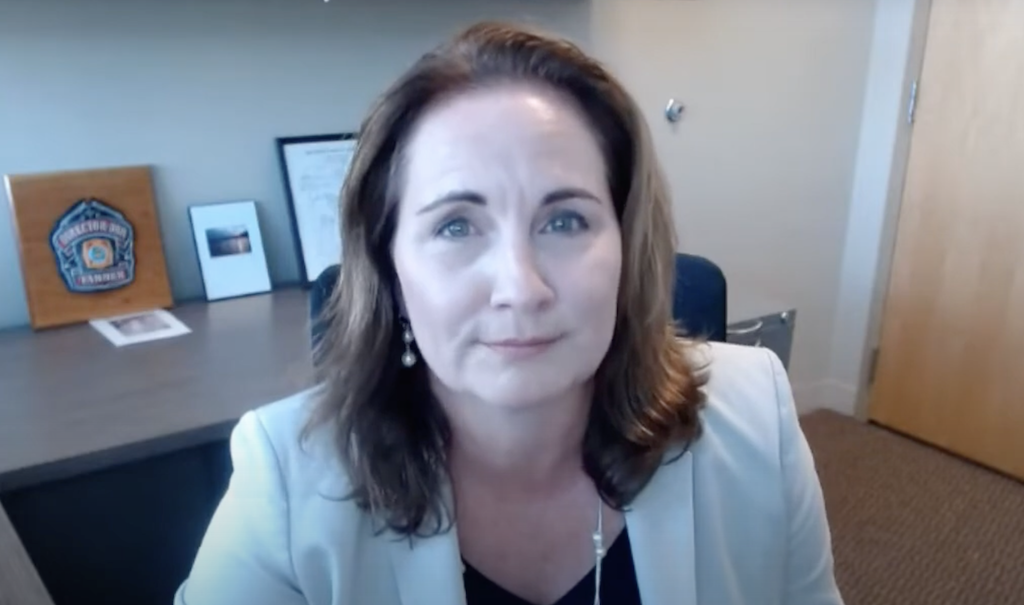Rhode Island Announces $13 Million in Broadband Grants
The state's planning a second, $12 million round of CPF awards.
Jake Neenan

WASHINGTON, Oct. 7, 2024 – Rhode Island announced Friday nearly $13 million in broadband grant awards.
Verizon took home more than $3.6 million, and GoNetspeed snagged $9.3 million. The projects are slated to get fiber to about 6,700 homes and businesses in Jamestown, Newport, and Westerly.
The towns “were selected as project areas based upon a formula which included several factors, such as the prioritization of areas with higher percentages of households that reported not having internet in the home and areas with lower median incomes,” the state said in a release.
Both Verizon and GoNetspeed committed to offer 100 megabit per second plans at no more than $53.09 per month.
“Access to reliable broadband is a modern-day necessity – and no community should be left behind,” Rhode Island Secretary of Commerce Liz Tanner said in a statement. “This investment – and others to come – are essential for the future economic success of Rhode Island.”
The money comes from the Treasury Department’s $10 billion Capital Projects Fund, stood up as a pandemic response by the American Rescue Plan Act. Rhode Island received about $25 million from the program for broadband expansion, plus another $81.7 million for local governments to build or update community centers.
States have to obligate CPF money by the end of the year and spend it by the end of 2026.
A second round of Rhode Island CPF grants is forthcoming. It’s slated to award the state’s remaining $12 million in CPF broadband expansion money.
Cox Communications sued the state last month over the broadband coverage maps its planning to use to determine eligibility for a separate federal broadband expansion effort, the $42.5 billion BEAD program. The company said it wasn’t given a chance to contest speed tests showing its customers were underserved, which Rhode Island disputed.









Member discussion